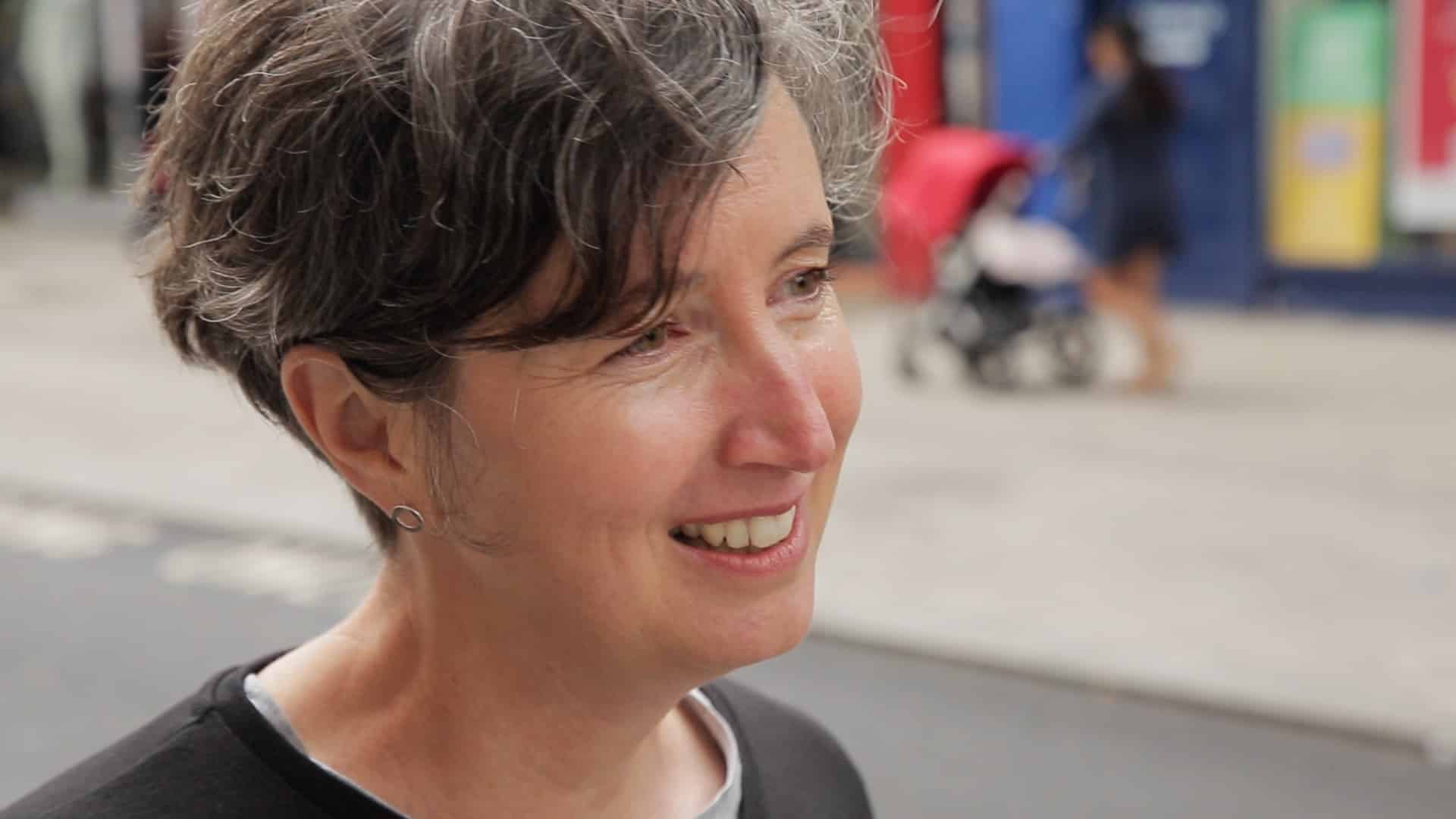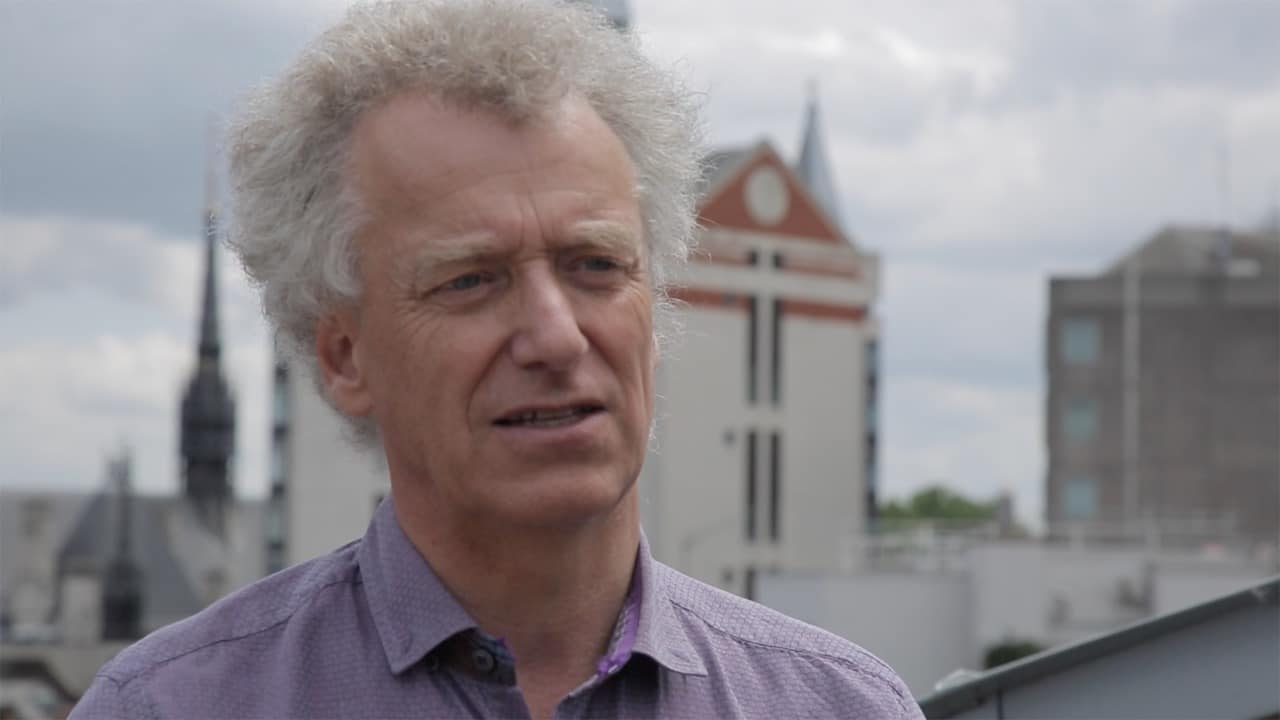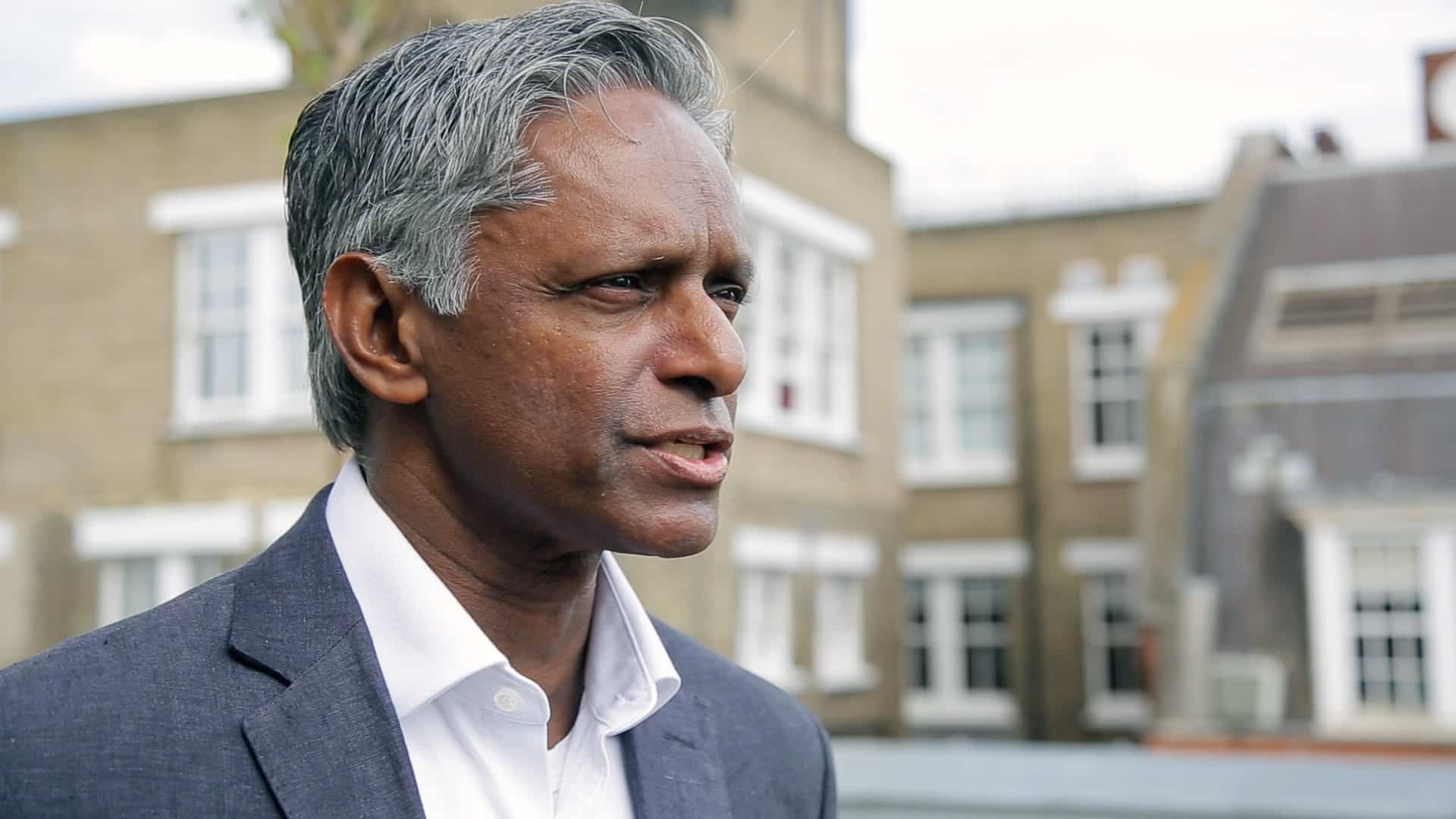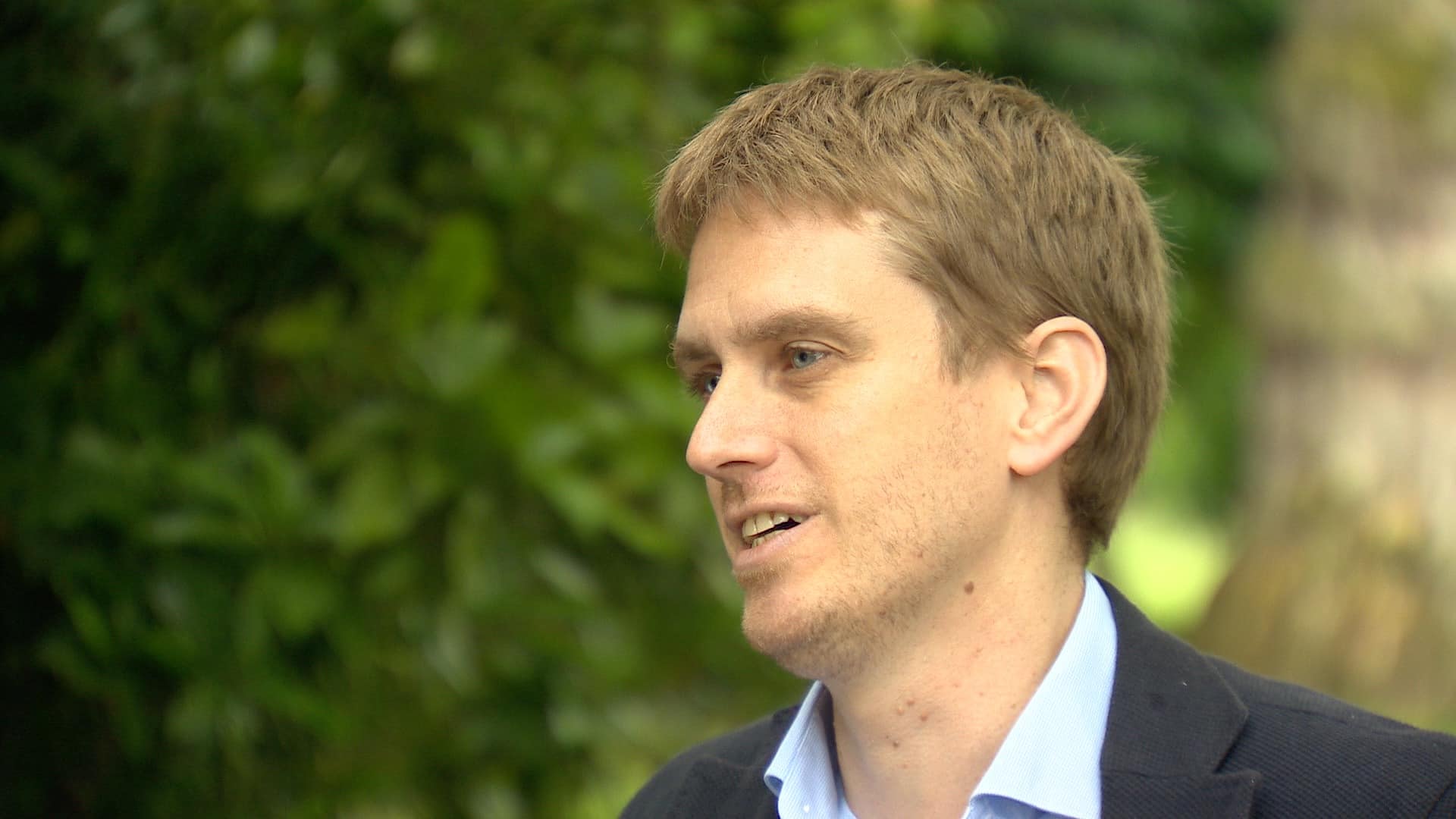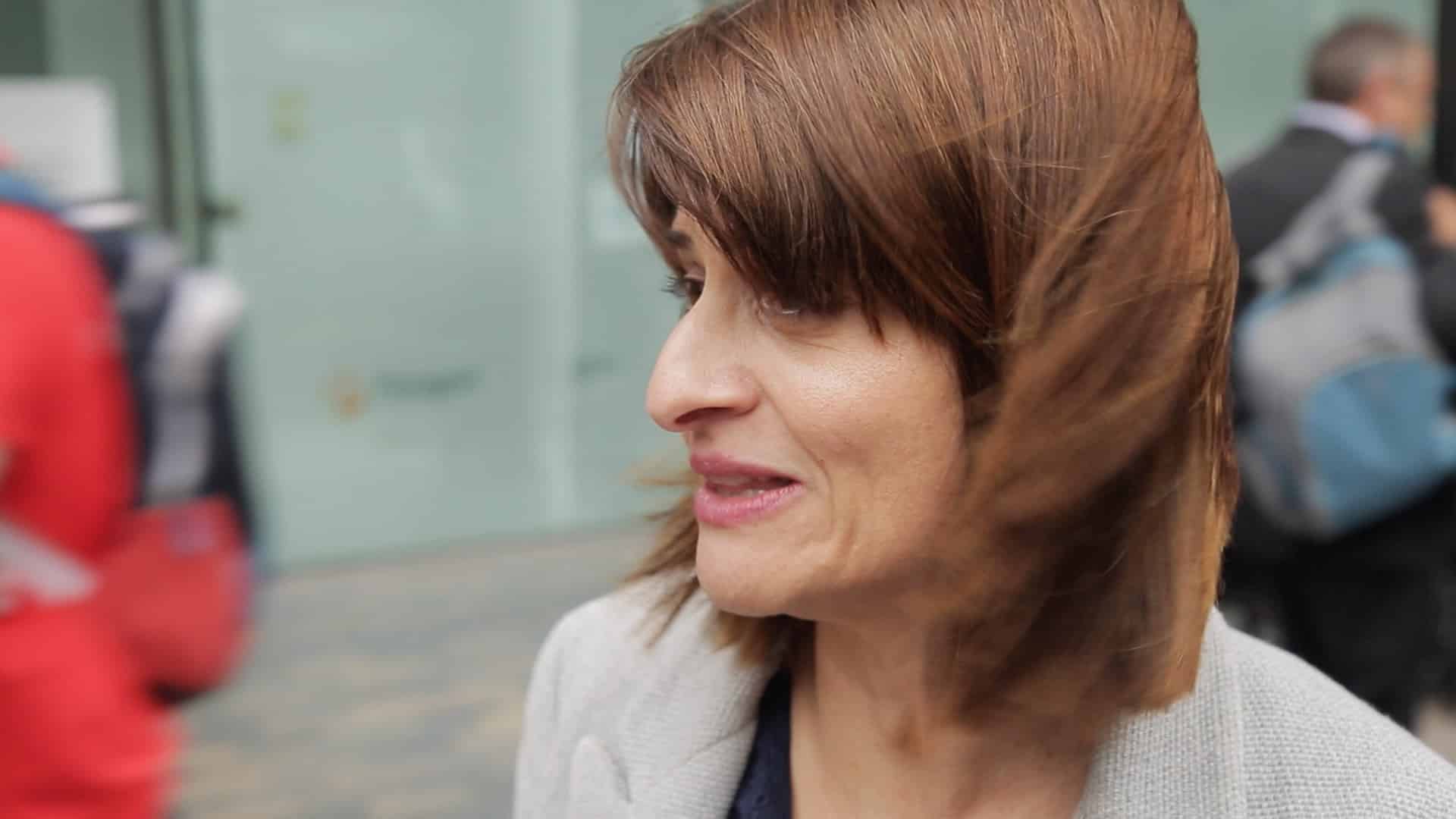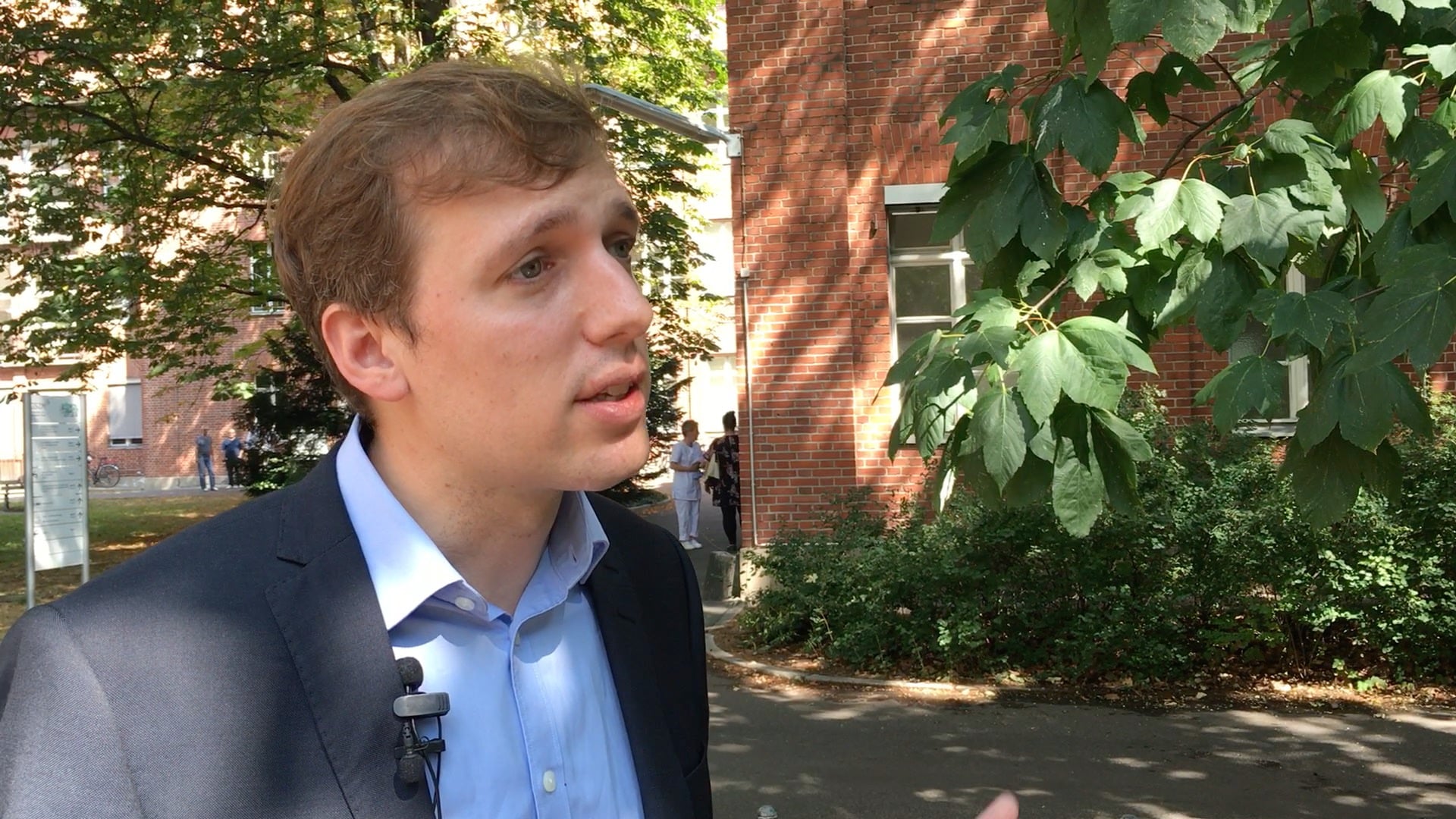We’ve teamed up with researchers from the London School of Economics for this course consisting of 6 episodes, each one centered around a seemingly impossible idea about migration.
We’ve challenged each of our lecturers to propose an idea about migration that appears self-evident to them but is missing, misunderstood, or misinterpreted in public conversation.
All episodes are linked below. Each episode consists of:
- Bite-sized videos (3-5 mins)
- A smidge of introductory text
- Resources for further thought and exploration.

